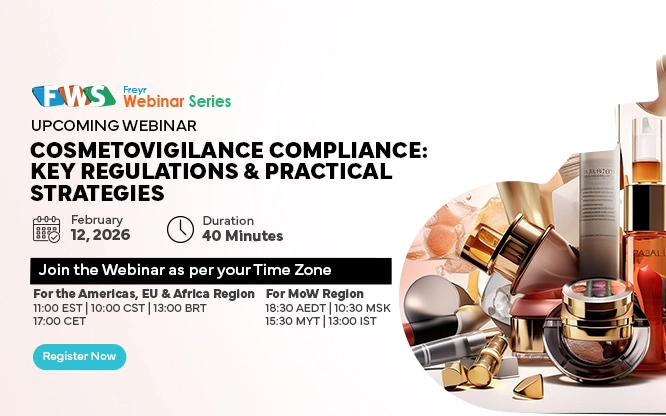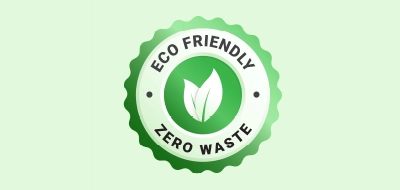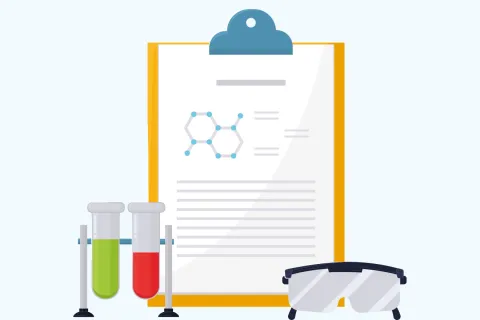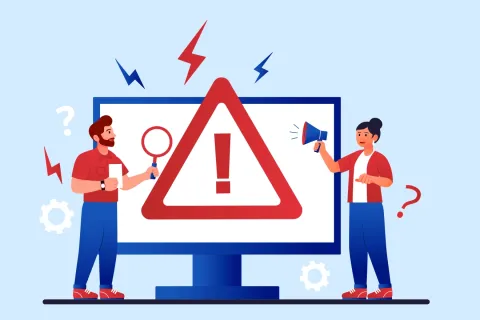Sustainability Regulatory Services - Overview
Sustainability in businesses is essential to minimize their environmental impact and promote social responsibility. Sustainability consulting supports compliance, enhances reputation, boosts market competitiveness, and meets growing consumer demand for sustainable products. It also mitigates legal risks while promoting resource efficiency and aligning with global efforts to combat climate change.
Click here to View the Complete Timeline of
Global Sustainability Regulations
What Sustainability means for you?
Key Obligations under Sustainability Regulations
- Design for Sustainability: Ensure that products are designed with sustainability in mind, considering lifecycle impacts
- Material Sourcing: Use responsibly sourced raw materials, prioritizing recycled or renewable resources
- Waste Management: Implement strategies for minimizing waste during manufacturing and promote recycling of materials
- Sustainable Packaging Compliance: Use environmentally friendly packaging with recyclable or biodegradable materials to meet environmental regulations.
- Product Testing and Quality Assurance: Conduct necessary testing to ensure products meet safety and performance standards before market release
- Extended Producer Responsibility (EPR): Take responsibility for the entire lifecycle of the product, including end-of-life disposal and recycling initiatives
- Transparency for sustainable Supply Chain: Maintain traceability in the supply chain to ensure compliance with environmental regulations, such as the EU Deforestation Regulation
- Consumer Education: Provide users with information on proper use, disposal, and recycling of products to communicate to the end users about sustainability efforts through ecolabelling certifications, avoiding greenwashing.

- Corporate Governance: Establish governance structures that prioritize sustainability within corporate strategies and operations
- Environmental, Social, and Governance (ESG Reporting): Regularly report on ESG metrics, following frameworks like the EU Non-Financial Reporting Directive or Corporate Sustainability Reporting Directive
- Sustainability Through Engagement & Training: Engage stakeholders, including communities and consumers, to address sustainability concerns while equipping employees with training on sustainable practices and corporate social responsibility initiatives..
- Sustainability Goals and KPIs: Set measurable sustainability goals and key performance indicators to track progress over time.
- Data Management Systems: Implement robust systems for collecting, managing, and verifying data related to environmental impact and social responsibility
- Third-Party Assurance: Consider obtaining external verification of sustainability reports to enhance credibility and transparency

Why Partner with Freyr for Sustainability Compliance?
At Freyr, we specialize in providing sustainability consulting and offer End-to-end Sustainability reporting services, including Circular economy compliance services to help you navigate the complexities of the Global Sustainability Regulations. Our services include:





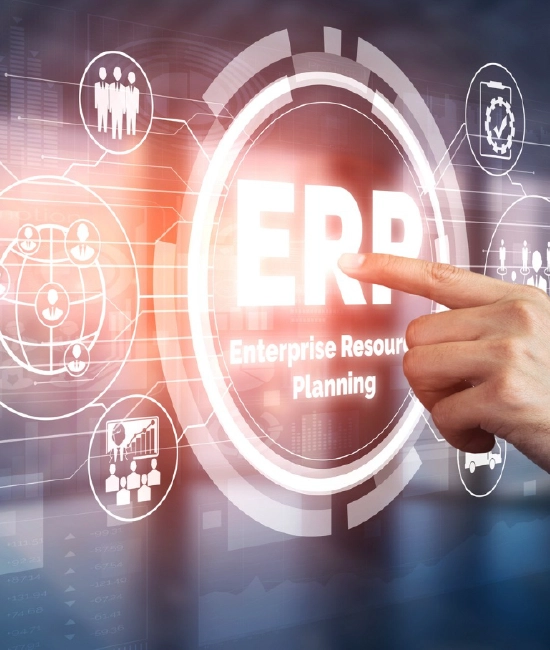
Frequently Asked Questions (FAQs) on GPSR
We are here to provide you with the information you need quickly and efficiently
01. What are the penalties for non-compliance with sustainability regulations?
Non-compliance can lead to serious consequences such as regulatory fines, product recalls, restricted market access, and legal action. For example, under the EU Deforestation-free Regulation (EUDR), companies failing to meet due diligence and traceability requirements risk product bans and enforcement penalties. Authorities use tools like satellite monitoring and supply chain audits to ensure compliance.
02. How does ESG reporting benefit chemical manufacturers?
ESG (Environmental, Social, and Governance) reporting enhances transparency, builds investor and stakeholder trust, and helps companies identify and mitigate risks. It aligns chemical manufacturers with global standards like the EU CSRD, GRI, and SASB, strengthening their market reputation. ESG reporting also supports strategic decision-making and sustainable innovation.
03. What are the key sustainability regulations for chemical manufacturers?
Some of the most impactful regulations include:
- EU Green Deal – Drives climate neutrality and sustainable industry transformation.
- REACH Regulation – Ensures chemical safety through evaluation and restriction.
- EU Deforestation-free Regulation (EUDR) – Requires deforestation-free sourcing with full supply chain traceability.
- Packaging and Packaging Waste Regulation (PPWR) – Mandates recyclable design, recycled content, and waste reduction targets.
- EU Green Claims Directive – Demands scientific substantiation for sustainability-related marketing claims.
04. How does REACH compliance support green chemistry?
REACH supports green chemistry by restricting hazardous substances and promoting safer, more sustainable chemical alternatives. It drives innovation through mandatory risk assessments and encourages substitution of Substances of Very High Concern (SVHCs). Compliance also enhances environmental protection, supports circular economy goals, and builds consumer and regulatory trust
